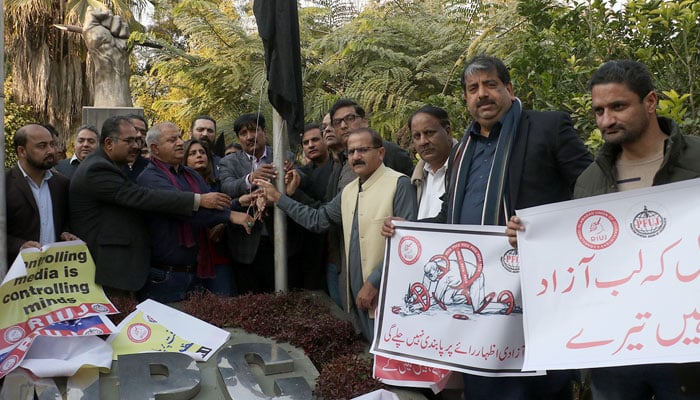Canada Global (Web News) Protests against the Prevention of Electronic Crimes (Amendment) Act (PECA) 2025, led by the Pakistan Federal Union of Journalists (PFUJ), continued for a second day on Thursday.
Journalists have challenged the law in the Supreme Court and multiple high courts, arguing that it undermines media freedom and violates constitutional rights.
In a petition filed at the Islamabad High Court, the PFUJ called PECA unconstitutional and demanded a judicial review to overturn the amendments.
Hunger strike camps and demonstrations were held nationwide, with journalists condemning the law as an attempt to suppress freedom of expression.
In Quetta, the Balochistan Union of Journalists (BUJ) staged a symbolic hunger strike outside the Quetta Press Club, vowing to resist the law. The Karachi Union of Journalists (KUJ) also launched a hunger strike at the Karachi Press Club, which entered its second day.
Representatives from human rights organizations, lawyers, and civil society joined the KUJ’s protest, which runs daily from 11 AM to 5 PM. The KUJ labeled PECA a “black law” and urged journalists to continue demonstrations until it is repealed.
In Rawalpindi and Islamabad, the Rawalpindi-Islamabad Union of Journalists (RIUJ)’s Talagang-Chakwal Unit organized protests and hunger strikes, with participants raising slogans against the law.
The amendments to PECA were swiftly passed by the ruling coalition in both the National Assembly and Senate without proper consultation with opposition parties, journalists, or media organizations.
Signed into effect by President Asif Ali Zardari, the revised law introduces new definitions, regulatory bodies, and stricter penalties for so-called “false” information. It also reduces the punishment for spreading “fake news” online to three years in prison and a fine of up to Rs 2 million.
The amendments establish the Social Media Protection and Regulatory Authority (SMPRA), the National Cyber Crime Investigation Agency (NCCIA), and the Social Media Protection Tribunal, increasing government control over online content.


